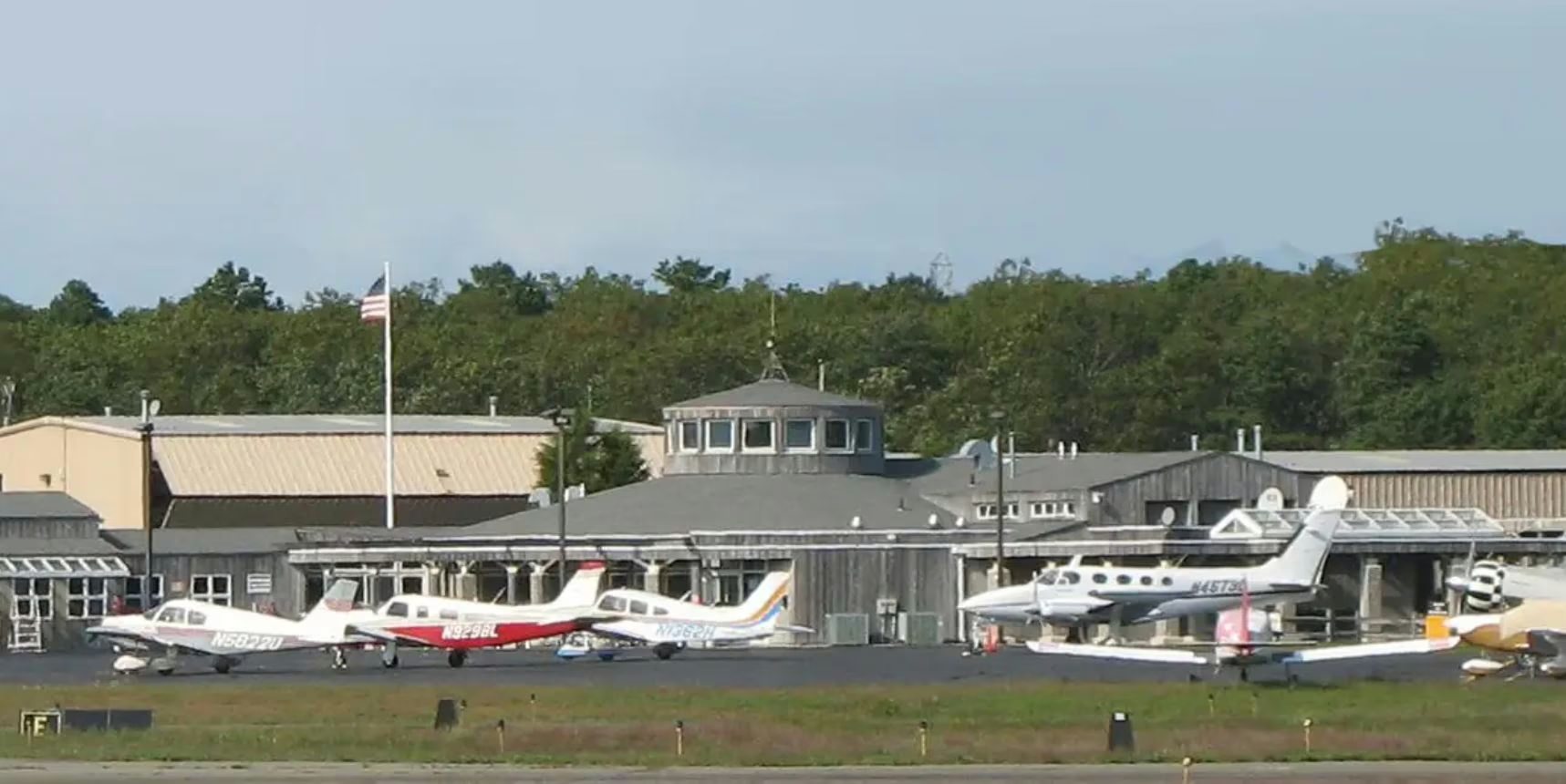
Credit: NBAA
Stakeholders, including the National Business Aviation Association (NBAA), have filed a pair of motions in the U.S. District Court for the Eastern District of New York requesting to pause the planned closure of East Hampton Airport (HTO). The town board of East Hampton intends to close the public...
Subscription Required
This content requires a subscription to one of the Aviation Week Intelligence Network (AWIN) bundles.
Schedule a demo today to find out how you can access this content and similar content related to your area of the global aviation industry.
Already an AWIN subscriber? Login
Did you know? Aviation Week has won top honors multiple times in the Jesse H. Neal National Business Journalism Awards, the business-to-business media equivalent of the Pulitzer Prizes.

